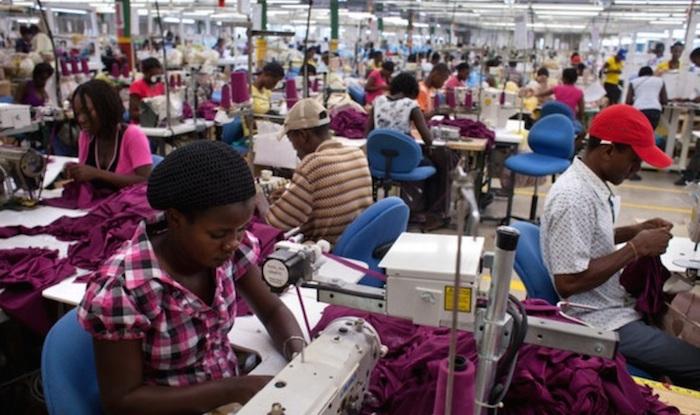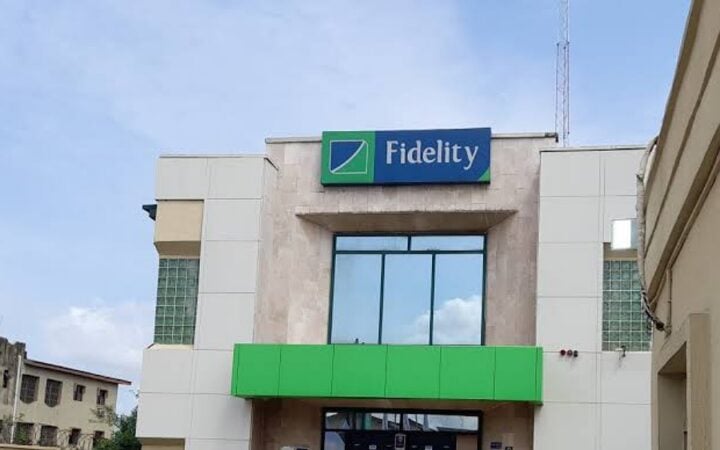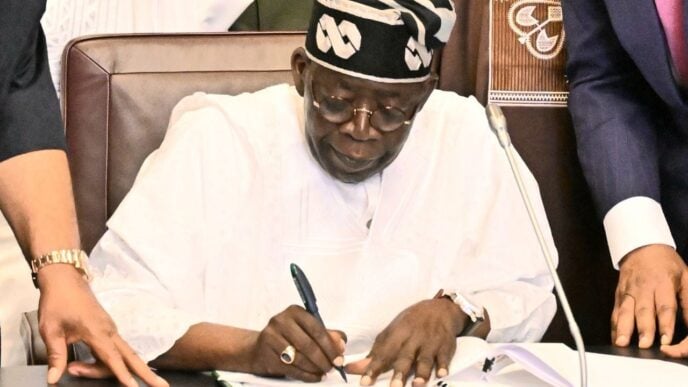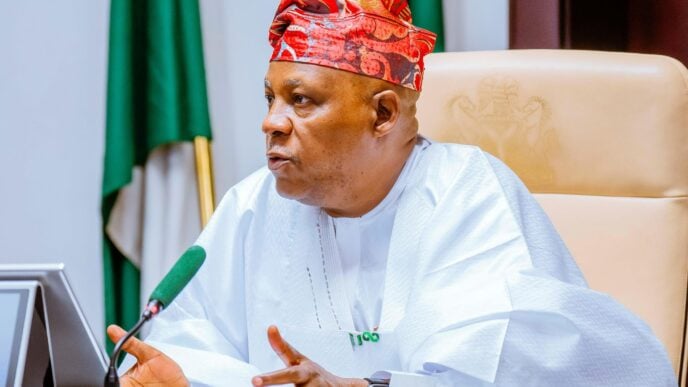The Nigeria Association of Small and Medium Enterprises (NASME) has called on the federal government to adopt a revolving fund mechanism for micro, small, and medium enterprises (MSMEs), arguing that one-off intervention funds are insufficient to address the sector’s long-term challenges.
Abdulrashid Yerima, president of NASME, spoke during a panel discussion at the ongoing 4th African Union MSMEs forum on Tuesday in Abuja.
“What we are advocating for is a revolving fund mechanism. Intervention funds should not be one-time disbursements. They should be structured in a way that ensures continuity, so that when one group benefits and repays, another group can also access the same opportunity,” Yerima said.
The NASME president said government intervention through the Bank of Industry (BOI) and other platforms had positively impacted businesses in the past, but emphasised the need to scale up and sustain such efforts through long-term planning.
Advertisement
Yerima also called for a national MSME financing framework that aligns with Nigeria’s industrial, trade, and youth employment strategies, and leverages donor funds and public resources to attract private sector participation in MSME funding.
‘CREDIT GUARANTEE COMPANY CAME AT A CRUCIAL TIME’
He explained that the newly established Credit Guarantee Company is a welcome development and comes at a critical time for small businesses.
Advertisement
“The credit guarantee scheme is essential, especially as MSMEs are considered high-risk by conventional lenders. We believe that with appropriate support, these businesses can thrive and repay loans, making the fund sustainable,” the NASME president said.
Yerima urged financial institutions to simplify loan requirements and provide targeted support to critical sectors like agriculture, manufacturing, and services to build a resilient economy.
He called on the government to subsidise MSME funds, slash interest rates to around 3 percent, and invest in capacity building, while also advocating for cross-border financing tools to support MSME trade under AfCFTA.
“We are engaging with other SME associations across ECOWAS and beyond to ensure that African MSMEs are not left behind in the drive for regional integration and trade,” he said.
Advertisement
On her part, Nike Kolawale, executive director of operations at Credicorp, emphasised the need for collaboration between state-level MSME leaders and Credicorp to drive grassroots engagement and establish a robust national credit rating infrastructure for small businesses.
“There will be a central credit system for the entire country. It will take time, but we are determined to get there,” Kolawale said.
At the opening ceremony on Monday, Vice-President Kashim Shettima said financial technology (fintech) firms can play a key role in enhancing access to microloans for most small and medium enterprises.
Advertisement









